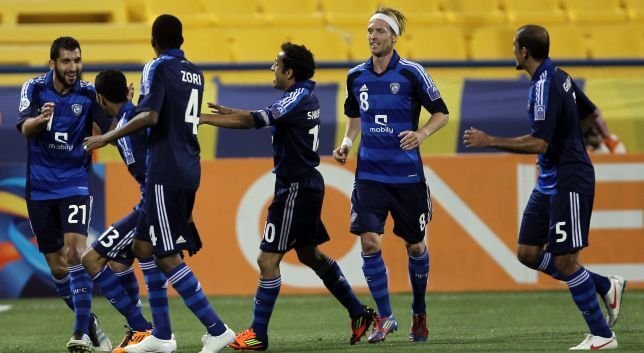Wimbledon has taken the decision to ban Russian and Belarusian players from participating in this year’s competition and this hasn’t gone down with many organisations and individuals in the tennis world.
“In the circumstances of such unjustified and unprecedented military aggression, it would be unacceptable for the Russian regime to derive any benefits from the involvement of Russian or Belarusian players in the tournament,” the All England Lawn Tennis Club said in a statement.
Association of Tennis Professionals (ATP) has condemned this move, raising concerns over how this “has the potential to set a damaging precedent for the game.”
Women’s Tennis Association (WTA) too expressed their disappointment, stating that the decision to discriminate against athletes competing on an individual level is unfair.
“Individual athletes should not be penalized or prevented from competing due to where they are from, or the decisions made by the governments of their countries,” the WTA said.
So far the ATP, WTA, and other three Grand Slams are firm on their position to allow Russian players to compete but not under the national flag.
Nigel Huddleston, the British sports minister, publicly voiced his opinions against the participation of Russian athletes in the Wimbledon 2022.
Who will be affected by this move?
Dimitri Medvedev and Aryna Sabalenka are two of the most high-profile players to be affected by the ban. Medvedev is currently positioned second in the men’s tennis ranking, while Sabalenka is the world’s fourth-ranked women’s player.
🎾 Djokovic, world number 1, banned from Australian Open just because of his opinion.
🎾 Medvedev, world number 2, banned from Wimbledon just because of his nationality.
Tennis used to be gentlemen's sport. As a tennis player I'm so sad to see what it has become 😔
— Dr. Eli David (@DrEliDavid) April 21, 2022
Russia’s Andrey Rublev, world No. 8, will also be unable to participate. Rublev too opposed this move, and urged Wimbledon to donate the prize money to families who are affected by the war.
“The reasons they gave us had no sense, they were not logical,” said Rublev. “I just want to show we are good people”.
Novak Djokovic too lashed out at Wimbledon: “I will always condemn war, I will never support war being myself a child of war. I know how much emotional trauma it leaves. In Serbia we all know what happened in 1999. In the Balkans we have had many wars in recent history.”






